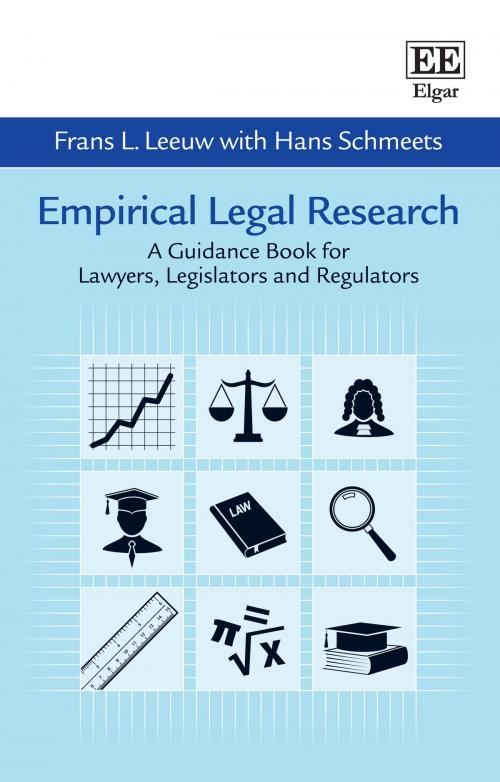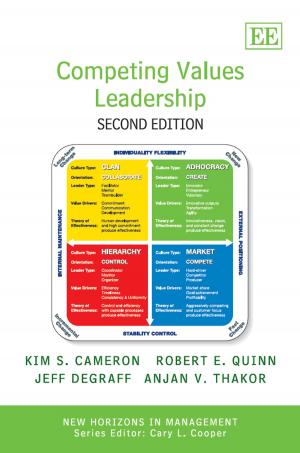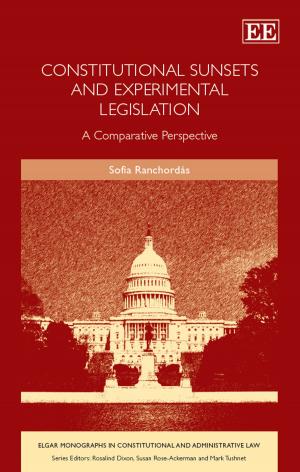Empirical Legal Research
A Guidance Book for Lawyers, Legislators and Regulators
Nonfiction, Reference & Language, Law, Jurisprudence| Author: | Frans L. Leeuw, Hans Schmeet | ISBN: | 9781782549413 |
| Publisher: | Edward Elgar Publishing | Publication: | March 25, 2016 |
| Imprint: | Language: | English |
| Author: | Frans L. Leeuw, Hans Schmeet |
| ISBN: | 9781782549413 |
| Publisher: | Edward Elgar Publishing |
| Publication: | March 25, 2016 |
| Imprint: | |
| Language: | English |
Empirical Legal Research describes how to investigate the roles of legislation, regulation, legal policies and other legal arrangements at play in society. It is invaluable as a guide to legal scholars, practitioners and students on how to do empirical legal research, covering history, methods, evidence, growth of knowledge and links with normativity. This multidisciplinary approach combines insights and approaches from different social sciences, evaluation studies, Big Data analytics and empirically informed ethics. The book discusses the tensions between the normative character of law and legal issues and the descriptive and causal character of empirical legal research, and suggests ways to help handle this seeming disconnect.
Empirical Legal Research describes how to investigate the roles of legislation, regulation, legal policies and other legal arrangements at play in society. It is invaluable as a guide to legal scholars, practitioners and students on how to do empirical legal research, covering history, methods, evidence, growth of knowledge and links with normativity. This multidisciplinary approach combines insights and approaches from different social sciences, evaluation studies, Big Data analytics and empirically informed ethics. The book discusses the tensions between the normative character of law and legal issues and the descriptive and causal character of empirical legal research, and suggests ways to help handle this seeming disconnect.















